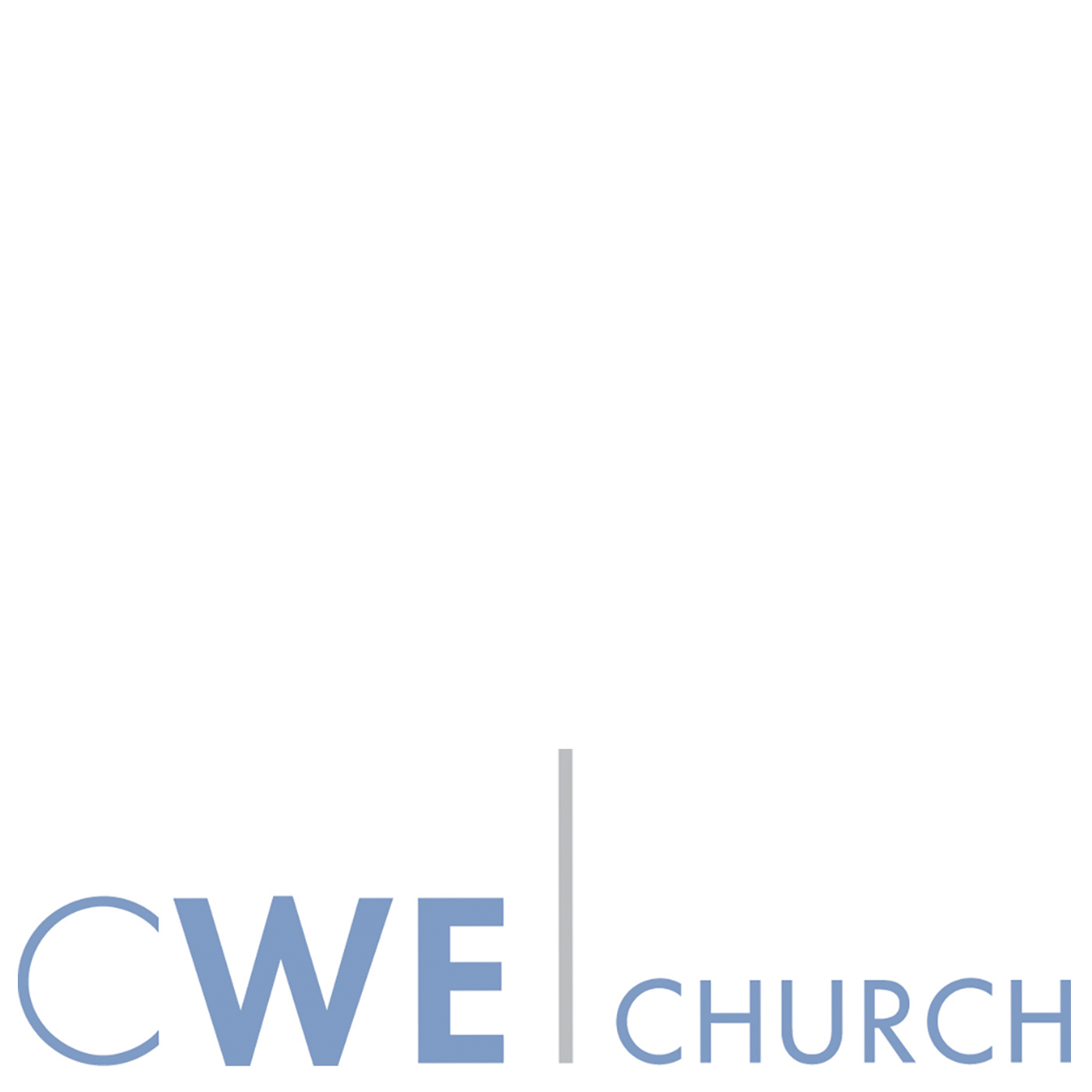If you’ve ever felt like there are corners of your life that aren’t quite “right,” and that there’s another kind of life available to you (of peace, joy, light, beauty, goodness, etc), Jesus shows us what that is. It’s righteousness. What does that mean? Join us as we explore the fourth beatitude.
We live in a time of profound social, political, and religious unrest. Many of us are questioning what the Church's relationship to government, to justice, and to power ought to be. Jesus tells us: "Blessed are the meek." But what does that mean? And does that hold any answers to the questions our world is asking? Join us as we seek to listen to Jesus.
Ungrieved losses lead to unhealed lives. This beatitude (“blessed are those who mourn”) gives us Jesus’s answer to the grief of our pain and loss, enabling us to grieve our losses, and find healing for them.
In the Sermon on the Mount, Jesus is inviting us to become a different people. It’s all about who we are becoming. But it begins by showing us what God is doing.
"The kingdom of God" is at the heart of Jesus's message and the life he offers. But unless we understand what the kingdom is, we won't be able to enter into the good life he offers us in the Sermon on the Mount.
Have you ever wondered why God allows such pain and suffering in the world? It's a common objection against belief in the God of the Bible. It is also a common question for Christians to wrestle with. The good news is that God has given us a whole book of the Bible that addresses that very issue. Join us as we explore the problem of suffering in the book of Job.
To our modern ears, the second coming of Jesus Christ sounds like a flight from reality. But what if it is the ultimate reality, in light of which nothing in our lives can remain the same? Whether you're exploring following Jesus, or have been following him for decades, none of us can ignore his emphasis on this and its implications for our lives. Join us for the concluding sermon in our series on Revelation!
Our lives are full of struggles. What would make the defining difference in your life? Our world is full of evil and brokenness. What would make the defining difference in our world? This passage, the climax of the book of Revelation shows us. It's the presence of God. It makes all the difference in the world.
It's easy to think of Revelation as a fantastical book that's only concerned with the future, and therefore meaningless for our lives right now. But Revelation gave the first Christians something that enabled them to face unimaginable suffering and persecution. If we see what they saw, we can have what they had.
Stories help us makes sense of our lives. Especially, they give us hope, because we want to imagine that the story is headed somewhere good. If that impulse is just an evolutionary code, then we are fools to believe it. But this passage shows us that every storyline finds its ultimate happy ending in Jesus.
Sometimes things look evil on the surface, but when you dig a little deeper, you find a hidden beauty and power. The idea of God's judgment is like that. Few things are more offensive in our culture. But this passage shows us a God whose justice brings transformative healing.
There are few questions more controversial than that of the relationship between church and state. Should Christians be involved in politics? If so, what should that look like? Revelation 13 offers us some astounding answers!
We are all involved in a cosmic war, whether we like it or not. In this passage, we learn about the start of that war, the weapons of the warfare, and our counterintuitive place in the war.
God wants to use your story as part of his story to change the world. How does he do that? It’s all wrapped up in this idea of bearing witness. This is one of the main themes in the book of Revelation, and this passage shows us three aspects.
Interruption is when something gets off track, but then gets back on track. Disruption is when the road gets blown up. We are living in a time of tremendous disruption. In such times, it’s easy to feel like God is doing something to you. But what if he wants to do something in you? That’s what this passage is all about.
The recent events in our country compel us to grapple with this issue. What does the Bible say about racism? What do we need to see in order to respond? And what should that response look like? Join us as we look at a gospel-shaped response to racism.
Stopping to think about the nature of the Church is a difficult exercise because we all come with our own experiences, thoughts, and questions about the Church. With all of that on the table, the book of revelation shows us a picture of the Church that is more than we expect and calls us to rethink our understanding of the church, whether we’re Christians or not.
Facing the question of evil is a painful question, but one of the most necessary for our spiritual, emotional, and psychological health. Revelation offers God’s answer to evil, and it begins in this passage

















